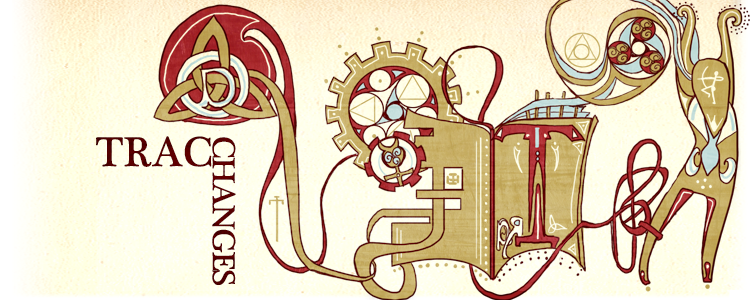 The relationship between America’s mainstream trade industry and the world of illustrated novels has been rocky from the start. Censorship under the Comics Code Authority, established in 1954 to protect readers from inappropriate content, pushed the industry underground and spurred widespread prejudice against comic books. For almost fifty years after the code was created, comics were marginalized. “It’s really only in the last decade that the negative impression of comics and graphic novels in the States has changed,” Yen Press Publishing Director Kurt Hassler told Publishing Trends in 2009.
The relationship between America’s mainstream trade industry and the world of illustrated novels has been rocky from the start. Censorship under the Comics Code Authority, established in 1954 to protect readers from inappropriate content, pushed the industry underground and spurred widespread prejudice against comic books. For almost fifty years after the code was created, comics were marginalized. “It’s really only in the last decade that the negative impression of comics and graphic novels in the States has changed,” Yen Press Publishing Director Kurt Hassler told Publishing Trends in 2009.According to Publishing Trends, it wasn’t until 2005 that a large number of trade presses began to attend Comic Con, and finally began to recognize that illustrated novels might offer a piece of the publishing pie worth having. The comic book industry can thank Tokyopop for much of that attention. The teenage girls courted by the company made up one of the few readerships to consistently crossover to trade novels, and their interest in the genre certainly got the attention of mainstream publishers—particularly publishers of Young Adult fiction.
That attention helped comic book creators to emerge from the underground into the mainstream market. In 2006 Tokyopop partnered with HarperCollins to co-produce and distribute graphic novels. “Our partnership with HarperCollins will allow us to take the Manga Revolution to the next level,” Mike Kiley, Publisher of Tokyopop, said in HarperCollins’ press release announcing the partnership. And he was right—kicked off by Meg Cabot’s Avalon High, the comics that Tokyopop and HarperCollins launched together enjoyed great success. Both book-to-manga adaptations and original creations attracted a group of readers manga may never have been able to reach in the hands of independent presses. And though the partnership ended in January 2011, Matt Blind predicts that should HarperCollins ever decide to create an in-house comic book imprint, the company will find ample fodder in what’s left of the partnership’s books.
But despite the success of manga’s many interactions with the mainstream industry, publishers were predicting the death of manga in America as early as 2007. Though the niche market for manga remained and remains strong, it would seem that the growing rift between different types of comics was separating manga from many of the markets only recently opened to it. Graphic novels emerged as the “literary” form of comics most widely embraced by mainstream publishers—and mainstream readers.
So though it seems likely that Tokyopop’s apparent disinterest in its fans’ needs helped spur the company’s demise, it may have been doomed from the start. And if that’s so, then as a female reader and aspiring editor of stories for children and young adults, I can’t help but ask myself where that leaves the readers Tokyopop was so instrumental in winning over to comic books: teen girls. Where does the decline of Tokyopop’s immensely popular series—and manga as a whole—leave young women and the publishers who work to reach them?
Read the rest of the article at Publishing Trendsetter.










